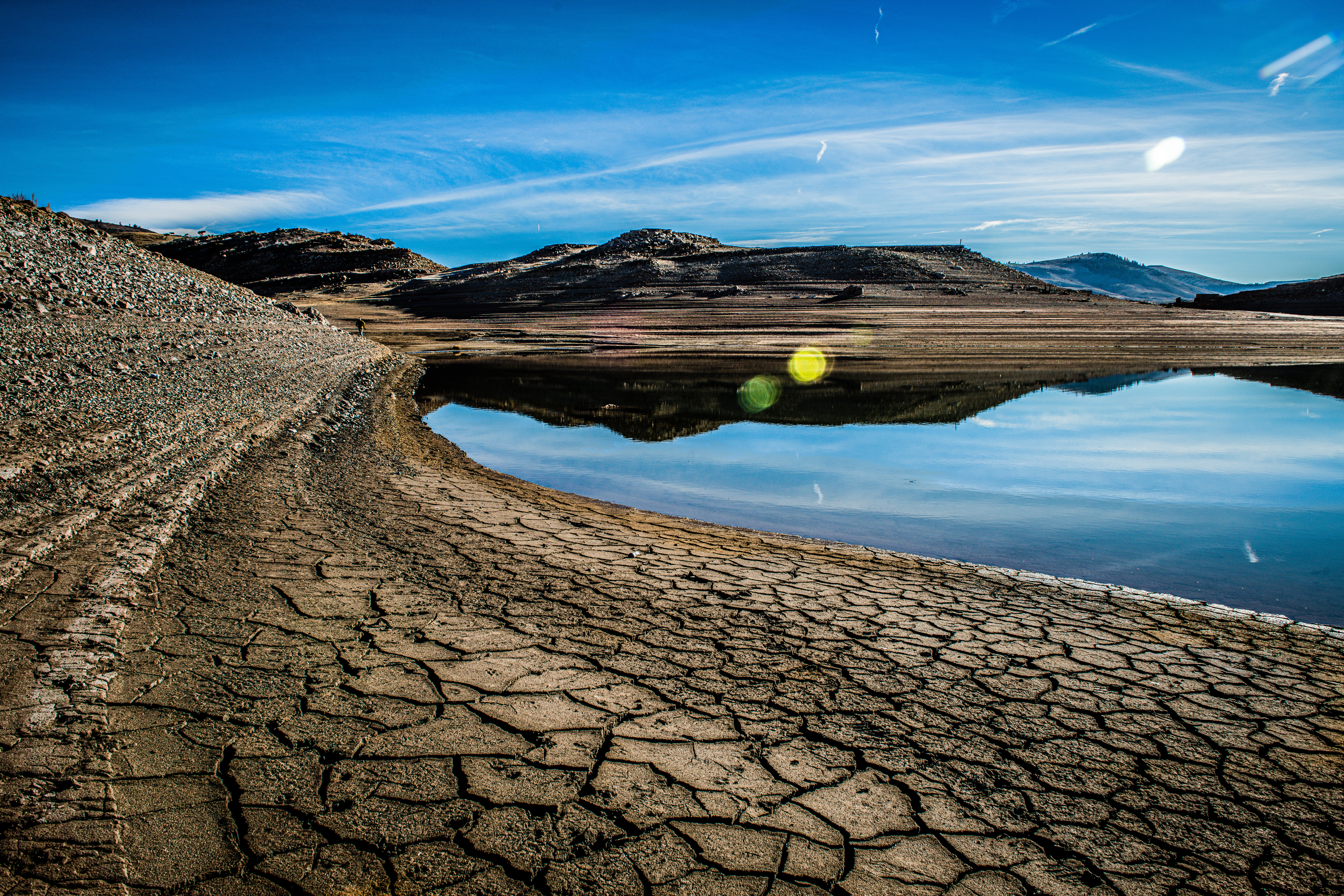Over the past year, many of us celebrated above-average snowpack and a rainy spring, raising hopes for relief from drought. However, we are already witnessing the return of drought conditions to our state. Persistent and unprecedented drought, combined with increased demands in Colorado and across the broader Southwest region, will continue to constrain our ability to meet the needs of water users, support healthy ecosystems, and interstate obligations.
Dwindling water supplies from the Colorado River and its tributaries are already causing detrimental impacts on communities and waterways across the beautiful state of Colorado.
The urgency of this situation cannot be overstated, and we need the Colorado River Drought Task Force to come up with legislative recommendations so that we can become more resilient to the impacts of climate-driven drought.
Members of this Task Force have a remarkable opportunity to make a real difference in securing the state’s water future. We encourage them to build upon the actions already underway, the wealth of previous discussions within the water community, and their collective expertise and insights to address the needs of the Colorado River so that it can continue supporting agriculture, cities, ecosystems, and the recreation economy.
Last month, Conservation Colorado, along with many other organizations who share the mission to protect Colorado’s natural resources for the benefit of both people and the environment, wrote a letter to the Task Force asking them to take action now. We specifically asked them to incorporate the following guiding principles into their deliberations to maximize the potential of fulfilling their charge by the legislature:
- Transparency and Inclusivity – provide opportunities for the public to attend meetings, stay informed, and provide input.
- Proactive Approach – develop tools and systems, including necessary laws, funding mechanisms, and partnerships, to ensure Colorado’s resilience in the face of an uncertain future.
- Environmental Protection – integrate knowledge of ecological drought risks and impacts into planning processes, and prioritize the protection and restoration of our natural resources.
- Collaborative Solutions – learn from existing programs like the Upper Colorado River Endangered Fish Recovery Program and community-based Stream and Integrated Water Management Plans.
- Funding Opportunities – actively pursue funding opportunities at the federal and state levels.
In the long run, the health of the Colorado River, upon which we all depend, relies on our ability to set differences aside and to work collectively toward developing solutions… By finding solutions to address the impacts of drought on our environment and communities, we are securing a better future for all Coloradans. Together, we can ensure a sustainable and prosperous tomorrow for our beloved state.

